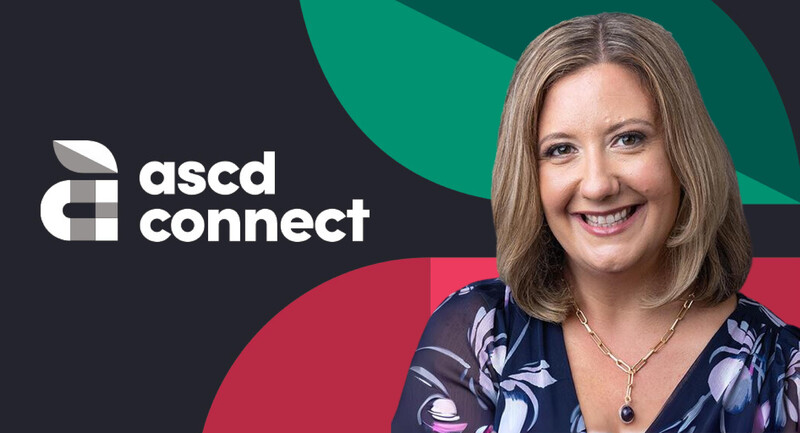Today’s papers are awash in headlines about the changing “world of work.” The jobs that will be held by today’s kindergartners don’t exist yet. New career pathways will require continuous learning to keep pace.
Our students will have to exert agency over how and what they learn, demonstrate mastery of in-demand competencies, and connect what they’ve learned in the past to new and unforeseen challenges.
Preparing today’s students for tomorrow’s labor market carries drastic implications for educators who were taught during and prepared for a different era of education. Educators who have been teaching for decades will need to learn new skills and approaches.
Some of what’s new is old: great teachers have always offered differentiated and personalized instruction. But today, the contours of many of our most effective classrooms and schools depart from the paradigms of the recent past. Schools are more collaborative, students are empowered, and the boundaries between classroom and community learning are blurred. And the teachers who are transforming today’s classrooms are pioneering new approaches with not just students, but colleagues. They’re personalizing not just learning—but professional learning.
Gone are prescriptive models for pedagogy and instruction. Professional learning, like instruction, is focused on helping educators to identify their strengths and passions, and translate those findings to effective classroom practice. This means empowering teachers to adjust practices according to both their own strengths and the unique needs of their classes, and partnering with peers to maximize talents and opportunities.
For example, some schools are using multi-age classrooms as learning labs in which students engage in self-directed, goal-driven learning while teachers capitalize on their own strengths and passions to build student agency and facilitate skill development. When schools invest in teams and collaboration, they go a step further, entrusting teachers from Kindergarten to high school to work together to teach larger groups, sharing their strengths and focusing on an area of expertise.
Teaching a mile wide and an inch deep doesn’t work for teachers anymore than it does for students. Teacher content knowledge matters and collaboration enables teachers to deepen their knowledge and provide higher quality learning experiences for students. A teacher who is passionate about the arts can benefit her students by integrating art throughout learning experiences to pique interest, drive motivation and support critical thinking, while a co-teacher with a passion for science can use his skills to teach his students complementary, but equally valuable analytical skills. When schools provide time for teachers to explore passion projects, they help students discover passions of their own.
Great schools are also providing their teachers with increased autonomy and lower-stakes environments to take risks and innovate as they build on existing best practices—and helping them to see teaching as a process for transformation, not just improvement.
Just as students have different needs, interests, strengths, and approaches to learning, so do teachers. That’s why my organization, LEAP Innovations, uses personalized professional learning to support teachers. With personalized professional learning, a teacher can identify an area of challenge in her classroom, develop a hunch for why it’s happening, create a plan to try something new, and reflect on the impact.
Autonomy has to come with the time and space for teachers to develop a deep understanding of her students: do students’ have backgrounds or interests that are not addressed by standing curricula? Do they deal with unstable or traumatic home lives that may affect their learning? And how will they respond to a given change in classroom dynamic?
Knowing each student’s academic and nonacademic needs, interests, and strengths is foundational to developing instruction that is relevant and contextualized. For example, social-emotional learning is at the forefront of education right now, but educators cannot promote effective SEL without the autonomy to investigate their students’ unique needs and adjust their classroom and instruction accordingly.
Teachers need to be able to articulate their goals, the reasons behind those goals, and the pedagogy underlying their practices in order to confidently build personalized curricula for their students. To help them do this, we cannot just see teachers as tools to execute new instructional approaches—we must see them as learners with new competencies to master and untold potential to unlock.
Teaching does not, any more than learning, follow a one-size-fits-all model. We will do best if we help teachers grow the way we help students grow: by giving support, granting autonomy, and personalizing professional learning.
Erin Figula is a former Chicago educator, and now serves as Director of Professional Development at LEAP Innovations.








